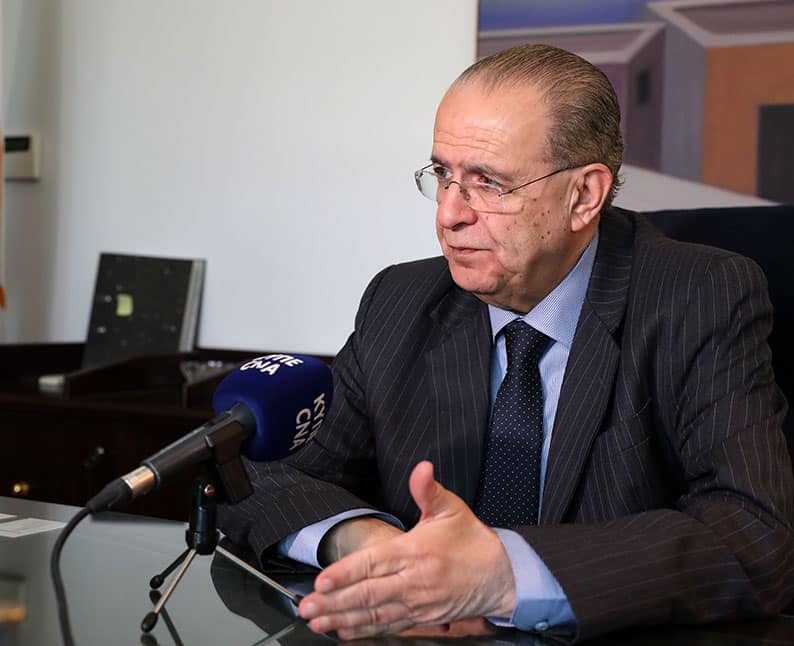Foreign minister Ioannis Kasoulides made a strong case for Cyprus with regard to the sixth package of sanctions against Russia planned by the European Commission. He was correct to point out that “sanctions cannot punish an EU member-state more than they do Russia,” which is a distinct possibility for Cyprus, in the case of the sixth package.
As the minister explained, the Cyprus economy relied on tourism, services and shipping and if these sectors were hit by sanctions the country would struggle. Tourism had already been dealt a blow by the closing of EU airspace to Russian planes, which meant there would be no tourists coming from Russia, Cyprus’ second biggest tourist market.
The sixth package of sanctions could hit the other two vital sectors and the impact would be cumulative, which was why the Cyprus government, like those of other member-states, was currently in negotiations with the Commission. All member-states are looking to shield their economies from the effects of sanctions which affect each one in different ways.
Hungary, for example, refuses to consent to any measure that would prevent it from buying oil and natural gas from Russia; Bulgaria also opposes the boycott on Russian oil. Cyprus, Greece and Malta, which have the largest shipping fleets in the EU and thriving ship-management centres, have expressed strong opposition to the proposal for banning the shipping industry, based in EU countries, handling Russian oil.
While the Commission is unlikely to exempt any country, reports suggested it could extend the transition period for the ban on transporting Russian oil from one to three months. It is through negotiations that this would be achieved and Kasoulides was quite right in pointing out that using the threat of veto was not the way of doing things at the EU. It was a similar line to that taken by the Greek government. A Greek official told Reuters last week that talks in Brussels were still in progress and Athens would respect any joint decision.
It is a reasonable and measured approach that is more likely to produce a compromise than the threat of a veto. Cyprus, in particular, has to tread carefully as it has a reputation in Brussels for taking a pro-Russian stance on a number of issues over the past years. It is protecting its national interests now, but its concerns about sanctions could be viewed with suspicion by the Commission because of this reputation. Seeking a compromise without resorting to the veto threat is sensible policy.







Click here to change your cookie preferences